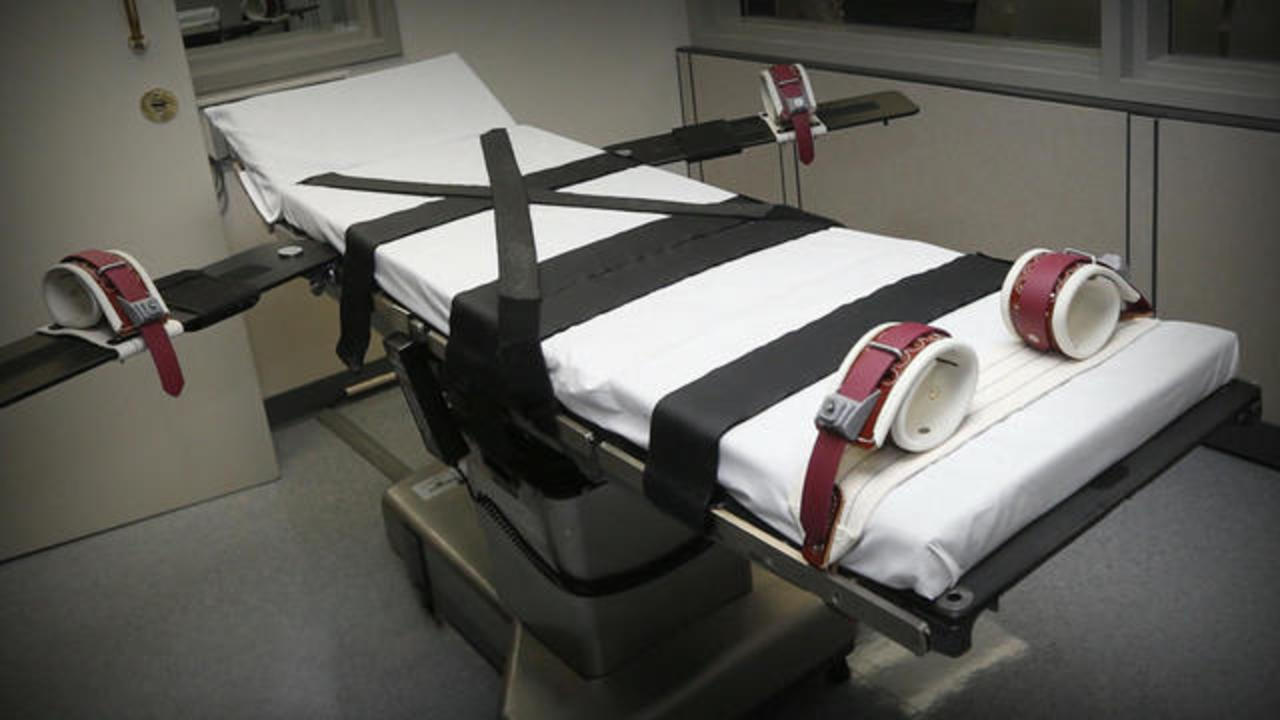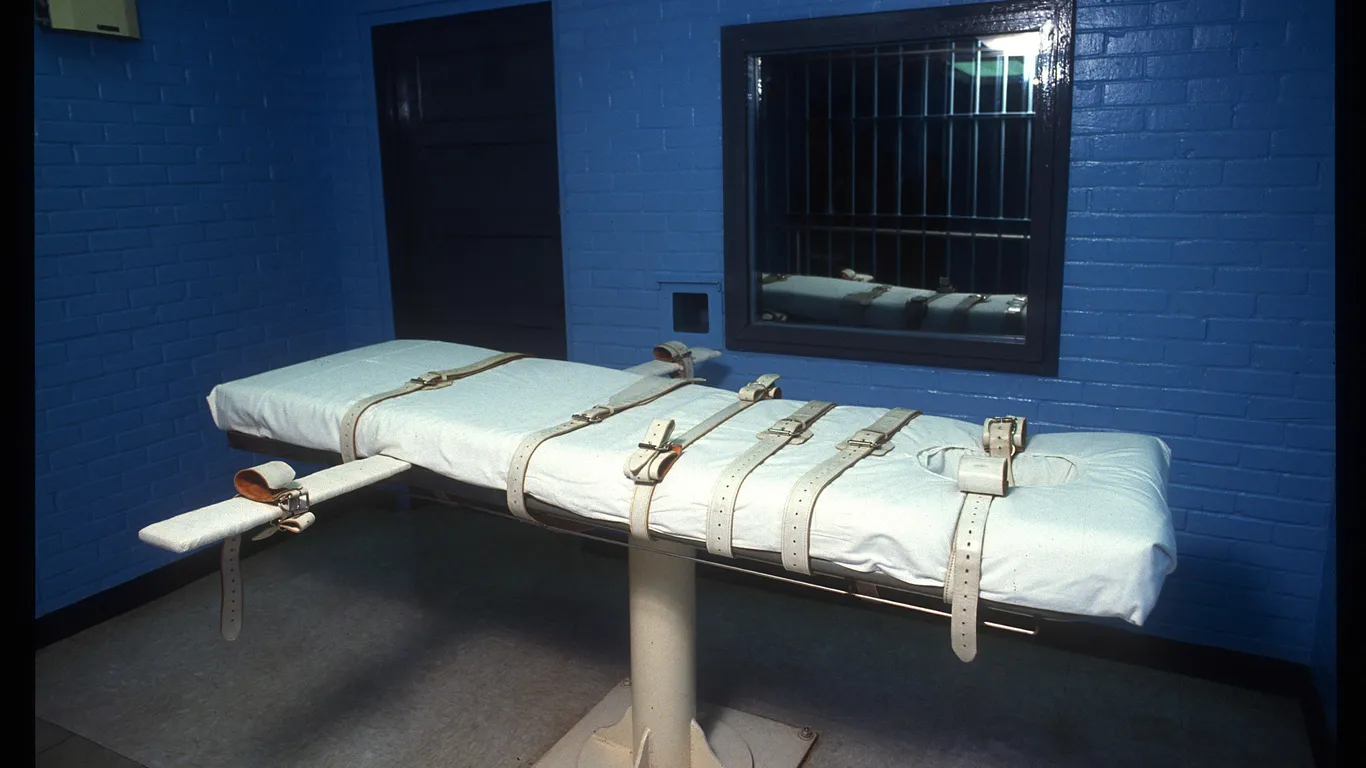Alabama is moving forward with plans to execute a second inmate using nitrogen gas, a method that sparked controversy following the recent execution of convicted murderer Kenneth Smith.
During Smith’s execution, witnesses observed him convulsing and gasping for air, raising concerns about the use of nitrogen hypoxia as a means of carrying out the death penalty.
Despite the criticism and scrutiny surrounding Smith’s execution, Alabama Attorney General Steve Marshall defended the process, describing it as “textbook.” Now, Marshall’s office is pressing forward with the use of nitrogen gas in another execution, seeking to set an execution date for Alan Eugene Miller.

Controversial Nitrogen Hypoxia Method (Credits: CBS News)
Miller, 59, has been on death row since 2000 after being convicted of killing three people in two separate workplace shootings in suburban Birmingham in 1999. Marshall’s office formally requested the Alabama Supreme Court to schedule Miller’s execution to be carried out using nitrogen hypoxia.
The decision to pursue nitrogen hypoxia as the method of execution for Miller comes amid ongoing debate and opposition from advocates and opponents of the death penalty.
Concerns about the humaneness and potential for prolonged suffering associated with nitrogen gas executions have been raised, particularly in light of the distressing events observed during Smith’s execution.
Nevertheless, Alabama’s attorney general remains steadfast in his commitment to proceed with nitrogen hypoxia as the chosen method for carrying out death sentences in the state.
As the legal process unfolds, the fate of Alan Eugene Miller and the continued use of nitrogen gas in executions in Alabama will undoubtedly remain subjects of intense scrutiny and debate within the broader discourse on capital punishment.























